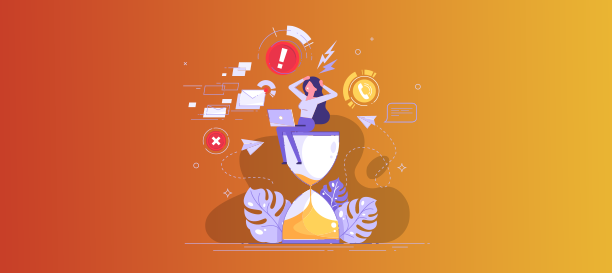
WFH means more vulnerability to cybercrime. Here are some methods to stay safe
WFH opens up whole new horizons in terms of flexibility, productivity, and cost savings. But, it also opens your business up a little more to cybercriminals, as you can’t have a hands-on approach to cybersecurity, especially if your employees are using their own devices for work. This blog discusses some mechanisms that you can use to mitigate the risks of becoming a victim of cybercrime in the WFH setup.Multi-factor authentication
Instead of using a single password for data access, multi-factor authentication adds more layers to security. If WFH has your employees accessing their work computers remotely, then you simply cannot skip multifactor authentication. Multi-factor authentication works by confirming the identity of the user across 3 areas- What they know: Examples include asking for User IDs, passwords, answers to ‘secret questions’, verification of their date of birth, etc.
- What they have: This includes physical tokens, access cards, OTPs sent via text or email, etc.
- Who they are: This authentication mechanism includes biometric authentication such as retina scan, fingerprint, or voice recognition.
The Cloud
Using the Cloud to store your files presents a lot of advantages in the WFH environment. It certainly saves time and effort as files don’t have to be mailed back and forth, eliminates version control challenges, and ensures timely access to data. But, did you know that you can also leverage the Cloud to thwart security threats presented by the WFH scenario? The Cloud lets your employees work safely from anywhere and offers more safety than local data storage mechanisms. Any data in the Cloud is encrypted, which means it is not that easy to access confidential information as it would be when someone hacks a PC. Plus, the chances of data loss are almost zero. Unlike your employees storing work files on their computer, which can be lost or misused if their device malfunctions or is stolen or hacked into, any data put on the Cloud stays there.Employee Training
Did you know that lack of knowledge is one of the major reasons behind companies and individuals becoming victims of cybercrime? All it takes is one wrong click to open the floodgates, and the only way to stop that from happening is to train your employees on cybersecurity best practices. Training will not only provide them with a clear set of do’s and don’ts but also help them identify situations where they may be a possible target. Training on cybersecurity best practices can cover a wide range of topics, but here are a few that should not be missedPassword hygiene- What does a good password look like?
- Why is password sharing an absolute no-no?
- How to identify phishing attempts?
- Why is it important to install software updates and patches on a timely basis
- Data storage best practices
- The risks associated with public WiFi such as those at malls, coffee shops, or airports
An experienced MSP can help you overcome the cybersecurity challenges propelled by the WFH scenario. They can put your mind at ease by taking care of everything--from anti-malware solutions to employee training, and beyond.

Comments
Post a Comment